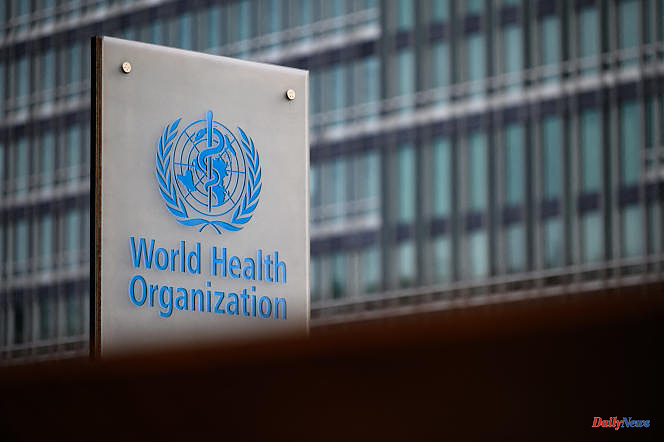The World Health Organization (WHO) announced an emergency meeting Tuesday, February 14, after nine people died of Marburg virus disease in Equatorial Guinea, a hemorrhagic fever almost as deadly as Ebola.
In a brief statement, the WHO said it would convene the so-called "Marvac" consortium, which promotes international collaboration for the development of vaccines against the Marburg virus, during the day. The consortium is coordinated by the WHO and includes representatives from the pharmaceutical industry, non-profit organisations, authorities and academia. The meeting is scheduled to start at 2 p.m. GMT. Consortium members will provide an update on the epidemiological situation in Equatorial Guinea as well as available candidate treatments and vaccines, WHO said.
There is no approved vaccine or antiviral treatment to treat the virus. However, supportive care – oral or intravenous rehydration – and treatment of specific symptoms increase the chances of survival. A range of potential treatments, including blood products, immune therapies and drugs, as well as candidate vaccines with phase 1 data, are being evaluated, according to the WHO.
"Health Alert"
On February 13, Equatorial Guinea announced the deaths in the east of the country of nine people between January 7 and February 7 from Marburg virus disease. This is, according to the WHO, the "first-ever outbreak of Marburg virus disease" in this country. Equatorial Guinea has declared "health alert" in the province of Kie-Ntem and the neighboring district of Mongomo, and the authorities have put in place a containment plan in close collaboration with the WHO to deal with the outbreak. epidemic in this area covered with dense equatorial forest. Health Minister Mitoha Ondo'o Ayekaba reported on Monday that "4,325 people are under quarantine in Nkie-Ntem".
So far, nine deaths and sixteen suspected cases with symptoms including fever, fatigue, bloody vomiting and diarrhea have been reported, the WHO regional office in Africa said on Monday. In-depth investigations are underway.
The Marburg virus is transmitted to humans by fruit bats and spreads among humans through direct contact with the bodily fluids of infected people or with surfaces and materials. This highly virulent disease causes hemorrhagic fever, with a case fatality rate of up to 88%.












